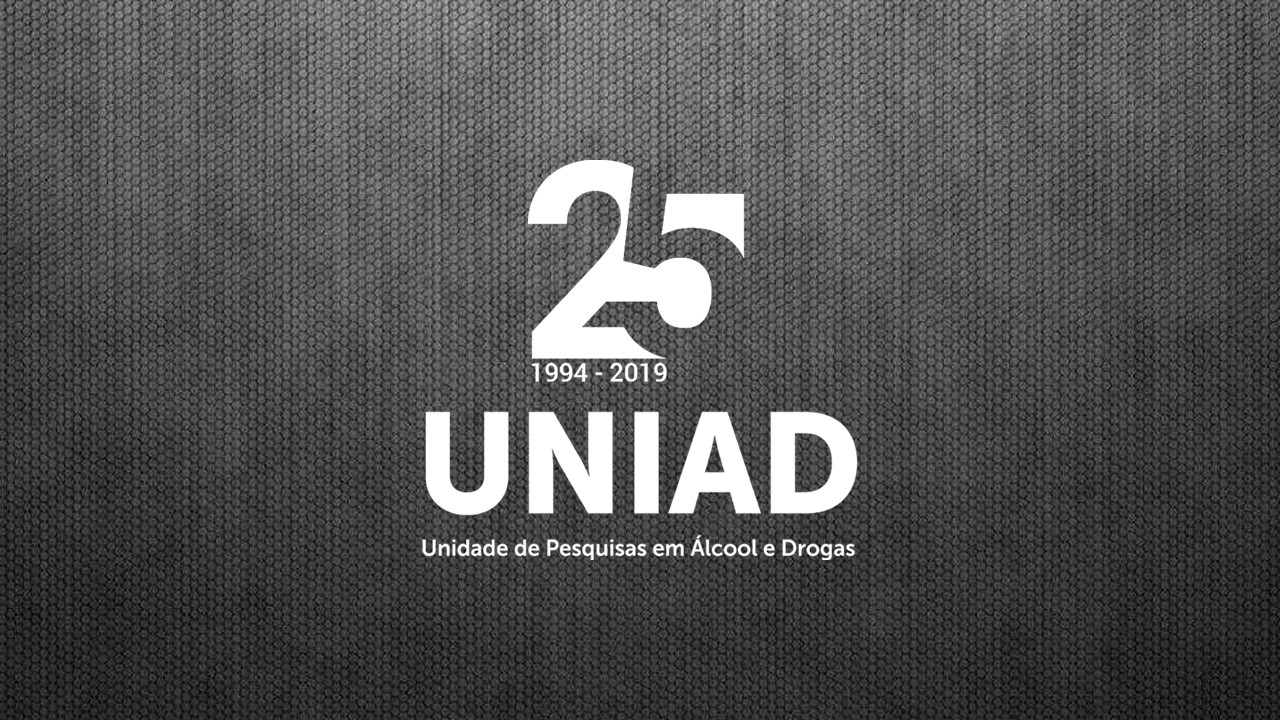Global burden of cancer in 2020 attributable to alcohol consumption: a population-based study

Alcohol use is associated with a vast range of injuries and diseases, including cancer, and is a leading risk factor for the global burden of disease.1,2 The consumption of alcoholic beverages is causally linked to cancers of the upper aerodigestive tract (oral cavity, pharynx, larynx, and oesophagus) and cancers of the colon, rectum, liver, and female breast.3 Together, these cancers contributed 6·3 million cases and 3·3 million deaths globally in 2020 (data from the GLOBOCAN 2020 database).
Previous estimates of the contribution of alcohol to the burden of cancer have been published,2,4,5 but patterns of alcohol consumption continue to change over time across world regions.6 Alcohol consumption per capita has decreased in many European countries, especially those in eastern Europe, whereas alcohol use is on the rise in Asian countries, such as China, India, and Vietnam, and in many countries in sub-Saharan Africa.6 With these changes in alcohol consumption and more recent cancer incidence data, new estimates of the alcohol-attributable burden of cancer are warranted. We updated previous global estimates by using cancer incidence for 2020, recent relative risk estimates from the scientific literature, and alcohol consumption figures from multiple sources to calculate alcohol-attributable cancer burden. We also quantified the contribution of moderate, risky, and heavy drinking to the total burden of alcohol-attributable cancers. The overall and sex-specific world-level, regional-level, and country-level results from our study can be used to inform alcohol policy and cancer control across different settings globally.

